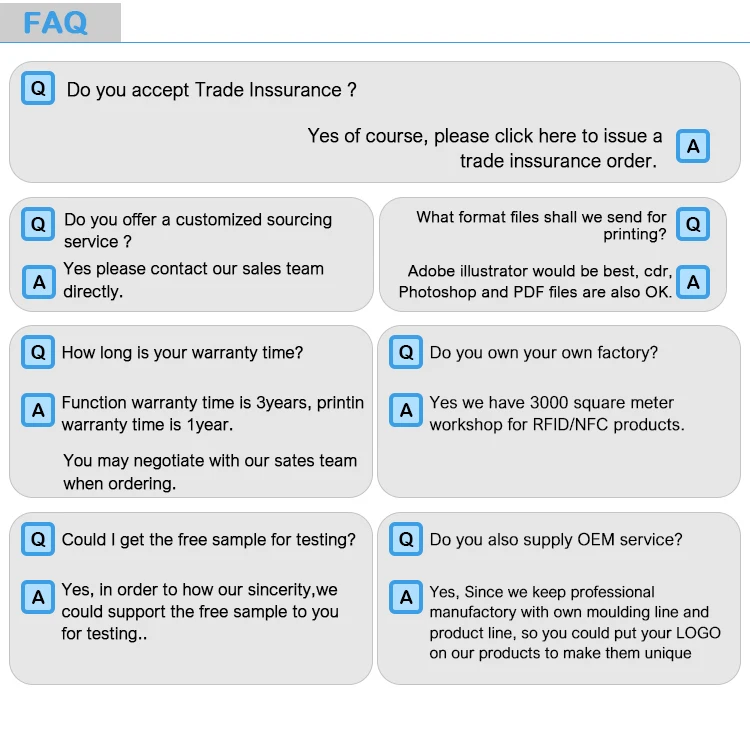Discover What's a Good Rate on a Personal Loan: Unlocking the Secrets to Affordable Borrowing
Guide or Summary:Understanding Personal Loan RatesFactors Influencing Personal Loan RatesWhat’s a Good Rate on a Personal Loan?How to Secure a Good Rate on……
Guide or Summary:
- Understanding Personal Loan Rates
- Factors Influencing Personal Loan Rates
- What’s a Good Rate on a Personal Loan?
- How to Secure a Good Rate on a Personal Loan
---
Understanding Personal Loan Rates
When considering a personal loan, one of the most pressing questions borrowers have is, "What's a good rate on a personal loan?" The answer to this question can significantly impact your financial future, as even a small difference in interest rates can lead to substantial savings over the life of the loan.
Personal loans are unsecured loans that can be used for various purposes, such as debt consolidation, home improvements, or unexpected expenses. Because they are unsecured, lenders assess your creditworthiness to determine the interest rate you'll receive. Generally, the better your credit score, the lower the interest rate you can secure.
Factors Influencing Personal Loan Rates
Several factors influence what constitutes a good rate on a personal loan. These include:

1. **Credit Score**: Your credit score is one of the most significant factors in determining your loan rate. Borrowers with scores above 700 typically receive the best rates, while those with lower scores may face higher interest rates.
2. **Loan Amount and Term**: The amount you wish to borrow and the loan term can also affect your rate. Generally, smaller loan amounts and longer terms may result in higher rates, while larger loans with shorter terms often come with lower rates.
3. **Lender Type**: Different lenders have varying criteria for determining rates. Traditional banks, credit unions, and online lenders each have unique offerings. Online lenders often provide more competitive rates due to lower overhead costs.
4. **Economic Conditions**: Broader economic factors, including inflation and the Federal Reserve's interest rate policies, can also influence personal loan rates. Staying informed about these trends can help you time your loan application for the best rates.

What’s a Good Rate on a Personal Loan?
So, what's a good rate on a personal loan? As of late 2023, the average interest rate for personal loans ranges from 10% to 36%, depending on your credit profile and other factors mentioned above. A rate of around 10% to 15% is generally considered good for borrowers with decent credit. However, if you have excellent credit, you might qualify for rates as low as 6% to 8%.
How to Secure a Good Rate on a Personal Loan
To ensure you get the best possible rate on your personal loan, consider the following strategies:
1. **Check Your Credit Report**: Before applying for a loan, review your credit report for errors and take steps to improve your score if necessary. Pay down existing debts and make timely payments to boost your creditworthiness.
2. **Shop Around**: Don’t settle for the first offer you receive. Compare rates from multiple lenders to find the best deal. Many lenders offer prequalification, allowing you to see potential rates without affecting your credit score.

3. **Consider a Co-Signer**: If your credit isn't stellar, consider asking a family member or friend with good credit to co-sign your loan. This can help you secure a lower rate.
4. **Negotiate**: Once you receive loan offers, don’t hesitate to negotiate. Some lenders may be willing to lower their rates or offer better terms to secure your business.
In conclusion, understanding what's a good rate on a personal loan is crucial for making informed borrowing decisions. By considering your credit score, shopping around, and employing strategic tactics, you can unlock the best rates available and save money over the life of your loan. Remember, the key to successful borrowing is not only finding a good rate but also ensuring that the loan fits your financial needs and goals. Happy borrowing!